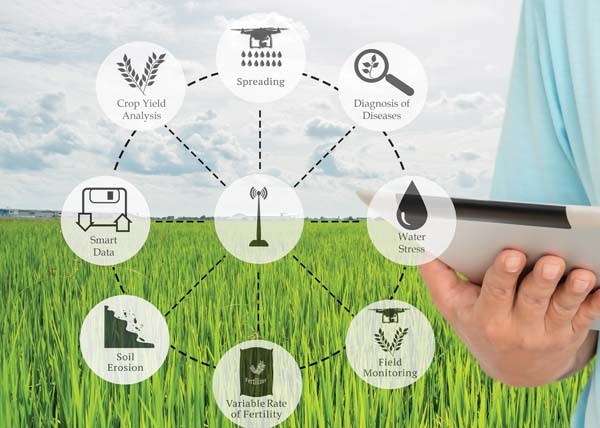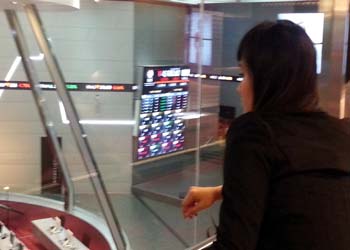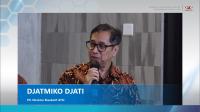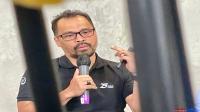Skills shortage in the agritech sector holding back IoT innovation
12:38:11 | 17 Jan 2018

JAKARTA (IndoTelko) - The potential for Internet of Things (IoT) technology to drive innovation, efficiency, and increased productivity in the agricultural sector is at risk, as agritech businesses must urgently upskill current employees and embark on recruitment drives to ensure they have the capabilities to deliver the technology.
According to independent research commissioned by Inmarsat, while the vast majority of agritech companies are moving towards IoT, a significant proportion lack the staff and skills needed to take advantage of the technology.
Market research specialist Vanson Bourne interviewed respondents from 100 large agritech businesses across the globe and found that while over 46 per cent of agritech businesses reported full deployment of IoT solutions and a further 16 per cent have initiated a partial deployment, many currently lack the skills needed to do so effectively.
Additionally, agritech businesses require an uplift in skills at the strategic level, where 65 per cent of respondents identified a shortfall, as well as the management and delivery of IoT deployment, where over 50 per cent of respondents said they lacked staff.
The research also revealed the specific IoT skillsets that agritech companies are lacking. 55 per cent of agritech companies reported a shortage in cyber security personnel, with analytical and data science skills coming in second in demand at 53 per cent.
Chris Harry-Thomas, Director of Sector Development Agriculture, Inmarsat, commented on the findings: “IoT is the frontline of the Fourth Agricultural Revolution, providing a digital nerve system with a network of connected and automated devices and sensors. Farmers are leveraging these technologies to dramatically improve the efficiency and precision of their operations, automating irrigation systems so that water is only delivered to where it is needed, and optimising fertilisation to improve yields.
“The automation of these processes is reducing the need for manual intervention on the ground, but creating new requirements for staff skilled in areas such as data analysis and cyber security which, as we have seen from our research, the industry is currently lacking.
“With the digital transformation in full swing, many traditionally mechanical-physical industries, such as agriculture, find themselves in a race to recruit digital specialists to support their IoT ambitions. Competing with the likes of Silicon Valley tech companies for skilled staff will be a challenge for the agritech industry, but as these businesses look to take on the burden of data security to build market share in the agriculture sector, it is critical that they recruit staff with the capability to do so.”
Chris concluded by stating that forming strategic partnerships with third parties can help agritech companies to bridge the gaps in their IoT skills portfolios: “Argitech businesses must upskill their existing staff and attract new talent if they are to develop successful IoT solutions. However, longer term, the focus needs to be on establishing strategic partnerships with IoT specialists. With greater economies of scale, specialist partners can draw together complex IoT solutions across multiple communication networks, including satellite and cellular data, to deploy sophisticated, automated IoT networks across the agricultural industry.”(es)
Baca juga :
•
•
•
Artikel Terkait
-
 English Ver. - 04:00:00 | 19 May 2024The real estate sector is observably shifting toward sustainability
English Ver. - 04:00:00 | 19 May 2024The real estate sector is observably shifting toward sustainability -
 English Ver. - 05:21:00 | 03 May 2024Primary drivers for IT infrastructure investments in the next year include ransomware prevention
English Ver. - 05:21:00 | 03 May 2024Primary drivers for IT infrastructure investments in the next year include ransomware prevention
Rekomendasi
Berita Pilihan
More Stories
PR Newswire




























































